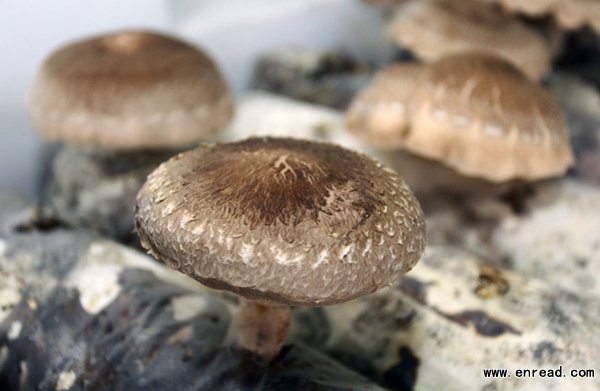United Nations General Assembly (UNGA) President Maria Fernanda Espinosa Garces on Thursday praised the support of China's technology of Juncao, famed as a "miracle" grass, for the achievement for UN sustainable goals.
联合国大会主席玛丽亚·费尔南达·埃斯皮诺萨·加西斯周四赞扬了中国的菌草技术对全球可持续化发展的贡献。
"I am pleased to learn that the Juncao technology is
emblematic1 of the China's Belt and Road Initiative," Espinosa said in her opening remarks at a high-level meeting on Juncao technology.
The technology is making an important contribution to the Sustainable Development Goals set in the 2030 Agenda, from poverty
eradication2 to clean energy,
gender3 equality to preserving biodiversity, she said.
Juncao, meaning "the herbal plant for growing
edible4 mushrooms" in Chinese, has worked miracles for Chinese scientists who are cultivating it as a substrate for growing edible and medicinal mushroom or
forage5 for
livestock6, as well as using it as green barrier to stop sand
dunes7 from moving.
Espinosa said in small island developing states, Juncao is improving resilience to climate change, and that it is
helping8 to fight land
degradation9 by producing cattle feed and minimizing soil erosion.
She also
noted10 the technology is making a difference where it matters most at the local and community level to the lives of farmers, women children and persons with disabilities.
Thursday's one-day event, entitled High-Level Meeting of Juncao Technology: Concrete Contribution of the Belt and Road Initiative towards Synergies with the 2030 Agenda 2030 for Sustainable Development, is being co-organized by the Chinese government and the UN Department of Economic and Social Affairs.

 收听单词发音
收听单词发音 


